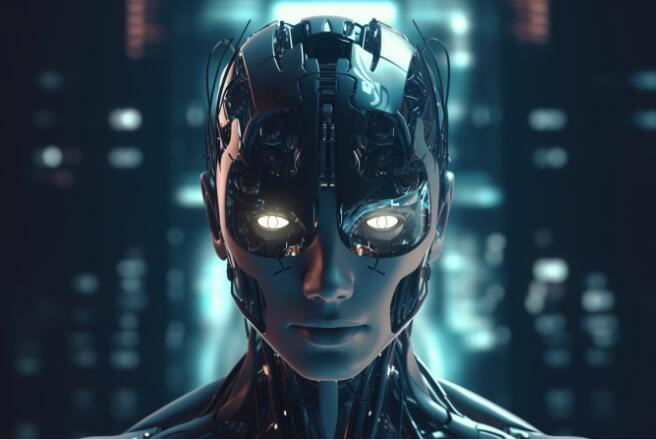Artificial intelligence godfather Jeffrey Hinton expressed strong dissatisfaction with OpenAI’s profit-making transformation, which attracted widespread attention. He believes OpenAI has strayed from its original non-profit mission, especially with its commitment to security. The move also has the support of Elon Musk, who has filed a lawsuit against OpenAI in an attempt to block its transformation. This article will delve into OpenAI’s transformation plan, Hinton and Musk’s opposition, and the resulting legal and ethical controversies.
Geoffrey Hinton, a well-known artificial intelligence expert and known as the "Godfather of Artificial Intelligence", recently expressed strong dissatisfaction with OpenAI's profit-making transformation. Hinton, last year's winner of the Nobel Prize in Physics, believes OpenAI is straying from the non-profit mission it was founded on, especially when it comes to its commitment to security.

OpenAI plans to fully transform into a for-profit company this year, a move that has sparked widespread opposition from various organizations and individuals. Hinton noted in a statement that OpenAI was originally a security-focused nonprofit organization and had made a series of security-related commitments in its charter. "OpenAI's transformation means it can easily abandon these commitments, which would certainly send a very bad message to other players," he said.
Hinton once worked at Google, but resigned in May 2023 so that he could more freely express his views on the potential dangers of artificial intelligence. His remarks came in the context of supporting Elon Musk's lawsuit against OpenAI's for-profit transition. Musk's lawsuit seeks to stop OpenAI's transformation on the grounds that it is abandoning its original philanthropic mission.
According to Encode's legal filings, OpenAI's transformation will weaken its previous security commitments to the public. The Encode organization is a non-profit organization led by young people. They are worried that OpenAI's behavior will affect the security of the entire industry. Sneha Revanur, the founder of the organization, mentioned in the statement that currently only a few companies are rapidly developing and deploying transformative artificial intelligence, but these companies internalize profits, and the consequences are shared by all mankind. She called on the courts to step in to ensure that the development of artificial intelligence is in the public interest.
Currently, OpenAI's non-profit arm, OpenAI Inc, controls a holding company called OpenAI GP, which in turn controls a limited profit subsidiary called OpenAI Global LLC. OpenAI said that in order to advance its mission of safely developing AGI, the enterprise structure must evolve again. OpenAI mentioned in a blog post on December 27, 2024 that its existing for-profit part will be transformed into a public benefit company (PBC) located in Delaware.
Although OpenAI hopes to make this transition smoothly, its road to profitability still faces legal challenges. In November last year, Musk filed a lawsuit against OpenAI, asking to stop its profit-making transformation, believing that this was a betrayal of its original intention. OpenAI countered that Musk's lawsuit lacks merit and may give his AI startup xAI an unfair competitive advantage.
Highlights:
** Hinton criticizes OpenAI**: Geoffrey Hinton pointed out that OpenAI is reneging on its security commitments and strongly opposes its transformation into a for-profit company.
**Musk files lawsuit**: Elon Musk filed a lawsuit against OpenAI's transformation, claiming that it abandoned its original charitable mission.
**Challenges in transformation**: OpenAI's profit-making plan is encountering legal obstacles, and future development is still full of uncertainty.
OpenAI's profit-making transformation has triggered a fierce debate on the safety and ethics of artificial intelligence, and its final results will have a profound impact on the development of the field of artificial intelligence. This controversy highlights the importance of pursuing technological advancement while paying attention to its potential risks and social responsibilities.